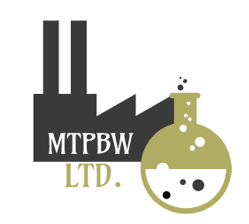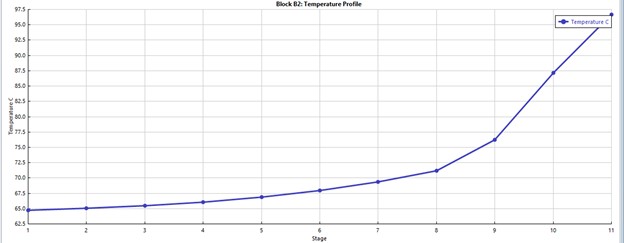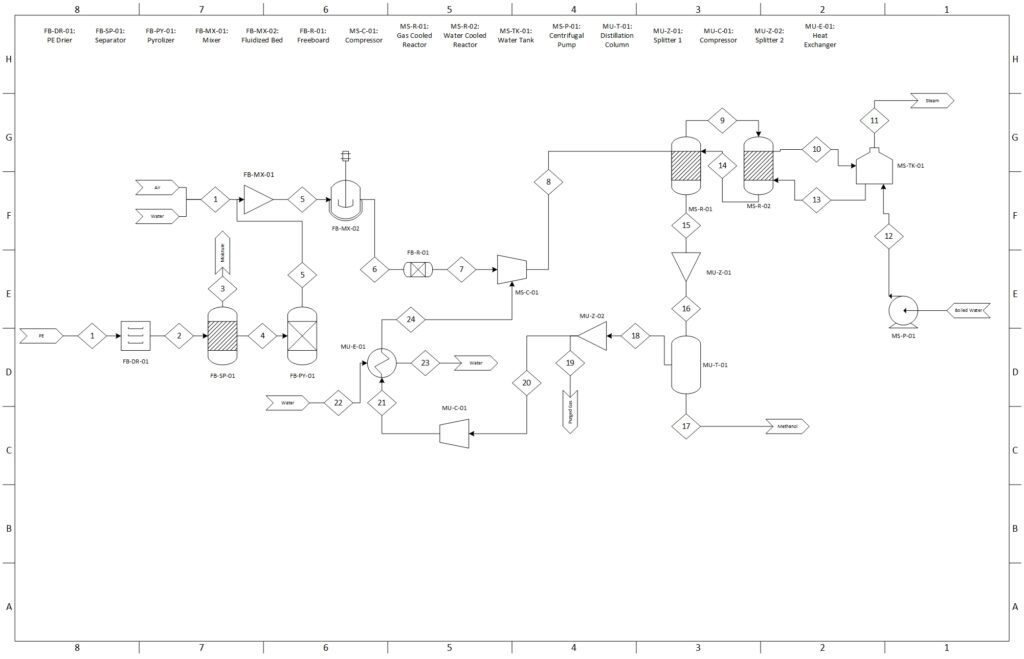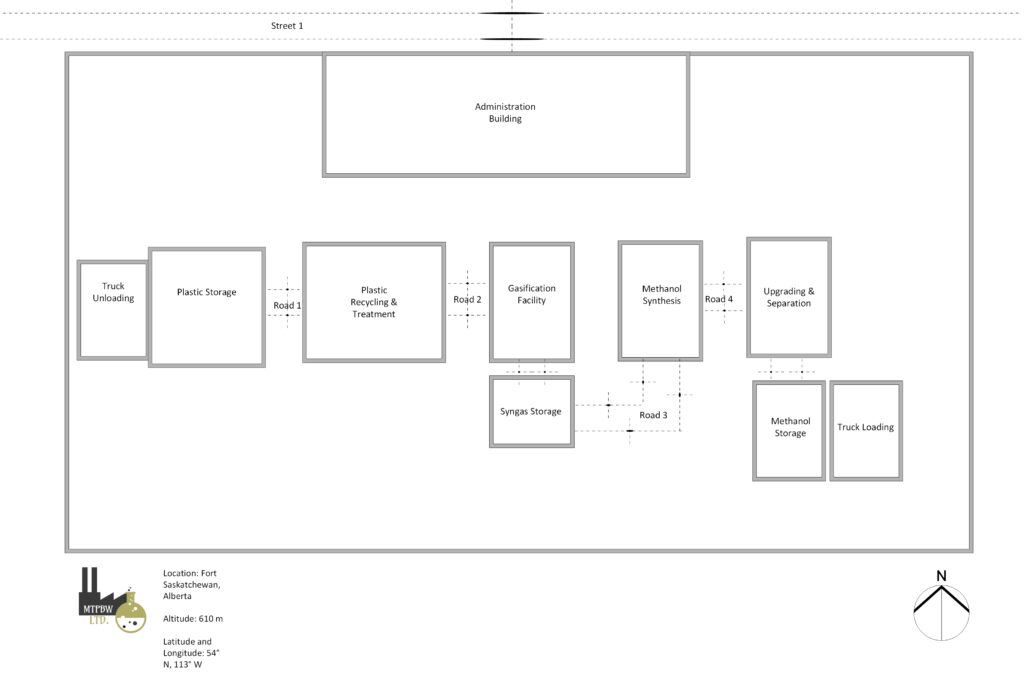
Project Category: Chemical
Feel free to ask us questions with the Zoom Link below
About our project
Our project looks at turning agricultural plastic waste, more specifically HDPE into syngas through the gasification process using a fluidized bed reactor. This syngas intermediate product is then converted into crude methanol through a dual type reactor system composed of a gas and a water cooled reactor. This crude methanol is then run through a separator and distillation column which produces a 99% pure stream of methanol, our desired product that is later sold off to companies for use in making fuels, paints and adhesives.
Meet our team members
Prithu Muhury
Email: prithu.muhury@ucalgary.ca
Taranvir Hundal
Email: taranvir.hundal@ucalgary.ca
Brandon Phan
Email: brandon.phan2@ucalgary.ca
Wyatt Flahr
Email: wyatt.flahr@ucalgary.ca
Marshal Rafio
Email: marshal.rafio@ucalgary.ca

University of Calgary
2500 University Dr. NW, Calgary, AB T2N 1N4
Details about our design
HOW OUR DESIGN ADDRESSES PRACTICAL ISSUES
A key practical issue which our project aims to make a positive contribution towards resolving is plastic waste, which is one of the most common environmental issue taking place today. In Alberta, where our plant is located, plastic waste produced from the agricultural industry is often disposed of by being burned on farms. This is not ideal as it contributes to greenhouse gas emissions, which is another concerning environmental issue. The objective of our plant is to consume agricultural plastic waste and transform the polyethylene from it into synthetic gas, which will be transformed into methanol, an useful chemical that multiple industries have demand for. Hence, not only does our project aim to make progress towards aiding globally faced environmental issues, it also produces an economically attractive product in methanol, which can be used to produce formaldehyde and acetic acid as well as other numerous fuels and adhesives.
WHAT MAKES OUR DESIGN INNOVATIVE
Our design takes an innovative approach to make use of plastic waste, which is a major concern globally. Although plastic recycling is a very common approach, most rigid plastic products can only be recycled a few times before they lose their original properties and become non-recyclable. Our design uses a fluidized bed reactor to carry out an innovative process called gasification, which involves heating the waste plastic with steam, to produce a valuable industrial gas mixture called synthesis gas, which goes through several other processes to produce methanol.
WHAT MAKES OUR DESIGN SOLUTION EFFECTIVE
Our design is effective and relevant because we have added a series of major units and add-on units to ensure our final product, methanol is marketable and exceeds the minimum required purity level to be sold to industries. When the synthetic gas is transformed into crude methanol by the process of methanol synthesis using gas and water-cooled reactors, the crude methanol goes through a separator where excess gas is removed from the mixture and it enters a distillation column where a binary distillation is carried out, producing 99.6% pure methanol. Carrying out these processes ensures our final product is eligible to be sold in the market, which is the main source of profit.
HOW WE VALIDATED OUR DESIGN SOLUTION
Our proposed design was validated using MATLAB and AspenPLUS modelling for the Fluidized Bed Reactor required for gasification of HDPE where operating conditions were optimized and set at 1 atm and 800K. After optimization, this resulted in 85% of HDPE conversion to syngas. The dual bed catalyst system – Gas-cooled reactor and water-cooled reactor that is required for methanol synthesis were simulated on AspenPLUS. After many design changes, they ran at operating conditions of 72 atm and 503 K and had a single pass conversion of 52%, selectivity of 0.14 and an overall yield of 3.02. Finally, the distillation column for purification of methanol was also simulated on AspenPLUS using the Non-Random Two Liquid (NRTL) thermodynamics property package. The optimal iteration was when convergence was obtained with 11 stages and the distillate stream having a 99.6% methanol. The purified methanol of 99.6% is eligible to be sold in Canada which is the second-largest consumer of methanol in the world.


FEASIBILITY OF OUR DESIGN SOLUTION
A key aspect which makes our solution feasible is that our plant will intake agricultural plastic waste as feedstock, which is a concern in Alberta, as they are often sent to landfills, burned or buried, which emit pollutants, leading to further environmental issues. Not only does our plant consume the unwanted plastic wastes, it carries out several engineering processes to produce a very useful chemical methanol, which has many uses, such as being used as an ingredient in producing acetic acid and formaldehyde which is further used in products like adhesives, foams, plywood, and windshield washer fluid.
Partners and mentors
We would like to thank our professors who have helped us with our project. Our project supervisor Dr. Kunal Karan who has guided us through the process with patience and great advice. As well as our capstone coordinator Dr. Hector De La Hoz Siegler for providing us with additional guidance.
Media Gallery




